Doctor of Philosophy (Ph.D.)
English - African American Literature
Howard University
1999
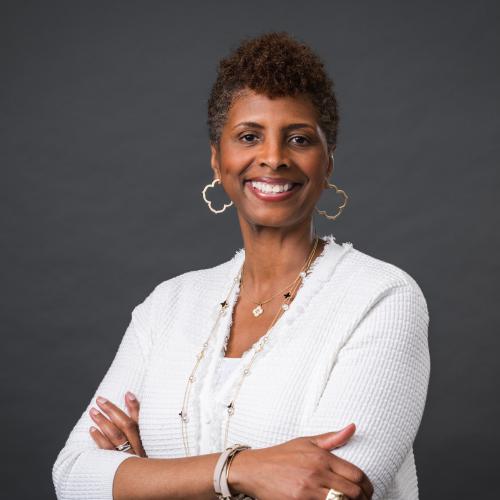
Dana A. Williams is the dean of the Howard University Graduate School. A specialist in contemporary African American Literature, Dana A. Williams earned her B.A. in English from Grambling State University in Grambling, LA in 1993, her M.A. in 1995 from Howard University, and her Ph.D. in African American Literature from Howard University in 1999. As a recipient of the Ford Foundation Postdoctoral Scholar award in 1999, she was a visiting research fellow at Northwestern University in Evanston, IL. Before returning to Howard University as a faculty member in 2003, Dr. Williams taught at Louisiana State University in Baton Rouge for four years. In 2008-09, she was a faculty fellow at the John Hope Franklin Humanities Institute at Duke University, and she assumed the chairmanship of the Department in 2009, serving three terms in that position. In 2019, she was appointed as interim dean of the Graduate School and then named permanent dean in 2021.
In addition to an annotated bibliography, Contemporary African American Female Playwrights: An Annotated Bibliography(Greenwood 1999), Dean Williams has co-edited August Wilson and Black Aesthetics (Palgrave-MacMillan, 2004) with Sandra G. Shannon, edited African American Humor, Irony, and Satire: Ishmael Reed, Satirically Speaking (Cambridge Scholars, 2007), Conversations with Leon Forrest (UP of Mississippi, 2007), and Contemporary African American Fiction: New Critical Essays (Ohio State UP, 2009). She is also the author of the first and only book-length study on Leon Forrest, In the Light of Likeness—Transformed: The Literary Art of Leon Forrest (Ohio State UP, 2005). In addition to her book projects, Dean Williams has published articles in CLA Journal, African American Review, Bulletin of Bibliography, Langston Hughes Review, Zora Neale Hurston Forum, PMLA, Studies in American Fiction, International Journal of the Humanities, and Profession. Her most recent book, Toni at Random: The Iconic Writer's Legendary Editorship, was released in June 2025 by Amistad/Harper Collins.
In addition to her work at Howard, Williams has served as president of the College Language Association (the oldest and largest professional organization in the US for faculty of color who teach languages and literatures) and the Modern Language Association. She is immediate past president of the Toni Morrison Society and serves as board member of the Furious Flower Poetry Center and the American Society of Learned Societies. She also serves in an advisory capacity for the Hurston/Wright Foundation and the Center for Black Literature. In 2016, she was nominated by President Barack Obama to serve as a member of the National Humanities Council.
English - African American Literature
Howard University
1999
English (African American Drama)
Howard University
1995
English
Grambling State University
1993
NEH
Mellon Foundation
Read: The Washington Post | In 1896, Black intellectuals criticized The Post’s coverage of race
Listen: WAMU 88.5 | A Look Back At The Life Of bell hooks
Watch: Democracy Now! | GOP Efforts to Ban Toni Morrison’s “Beloved” Now at Center of Virginia Governor’s Race
Listen: BBC Sounds | Toni Morrison: The legacy of a literary legend
Listen: The Daily Drum | Reparations: Is The Time Right Now?
Read: Diverse: Issues in Higher Education | President Obama Nominates Howard University Chair to National Council
Virginia governor race highlights irony of banning 'Beloved' from schools
The themes of the Toni Morrison classic — which is meant to challenge readers — mirrors what’s playing out on the campaign trail.
Whither Now and Why: Content Mastery and Pedagogy—A Critique and a Challenge
On April 2, 1960, at Johnson C. Smith University, W. E. B. Du Bois delivered a speech he titled “Whither Now and Why,” in which he questions what the aims and ideals of the Negro will be if he achieves equal American citizenship: “Are we to assume that we will simply adopt the ideals of Americans and become what they are or want to be and that we will have in this process no ideals of our own?” The former leads to a disassociation with any memory of Negro history and a severing of any tie to Africa, essentially to racial and cultural suicide. Having ideals of our own, however, involves “the possibility of black folk and their cultural patterns existing in America without discrimination; and on terms of equality”
To Make a Humanist Black: Toni Morrison’s Howard Years
Acknowledging editors as “curators of culture,” this essay exams Morrison’s editorship and facilitates the unraveling of the crucial, intently politicized elements of black intellectual and cultural history during the Civil Rights Movement in the1960s and 70s.
Contemporary African American Fiction: New Critical Essays
In Contemporary African American Fiction: New Critical Essays, edited by Dana A. Williams, eight contributors examine trends and ideas which characterize African American fiction since 1970. They investigate many of the key inquiries which inform discussions about the condition of contemporary African American fiction. The range of queries is wide and varied. How does African American fiction represent the changing times in America and the world? How are these changes reflected in narrative strategies or in narrative content? How do contemporary fictionists engage diasporic Africanisms, or how do they renegotiate Americanism? What is the impact of cultural production, gender, sexuality, nationality, and ethnicity on this fiction? How does contemporary African American fiction reconstruct or rewrite earlier “classic” African American, American, or world literature?
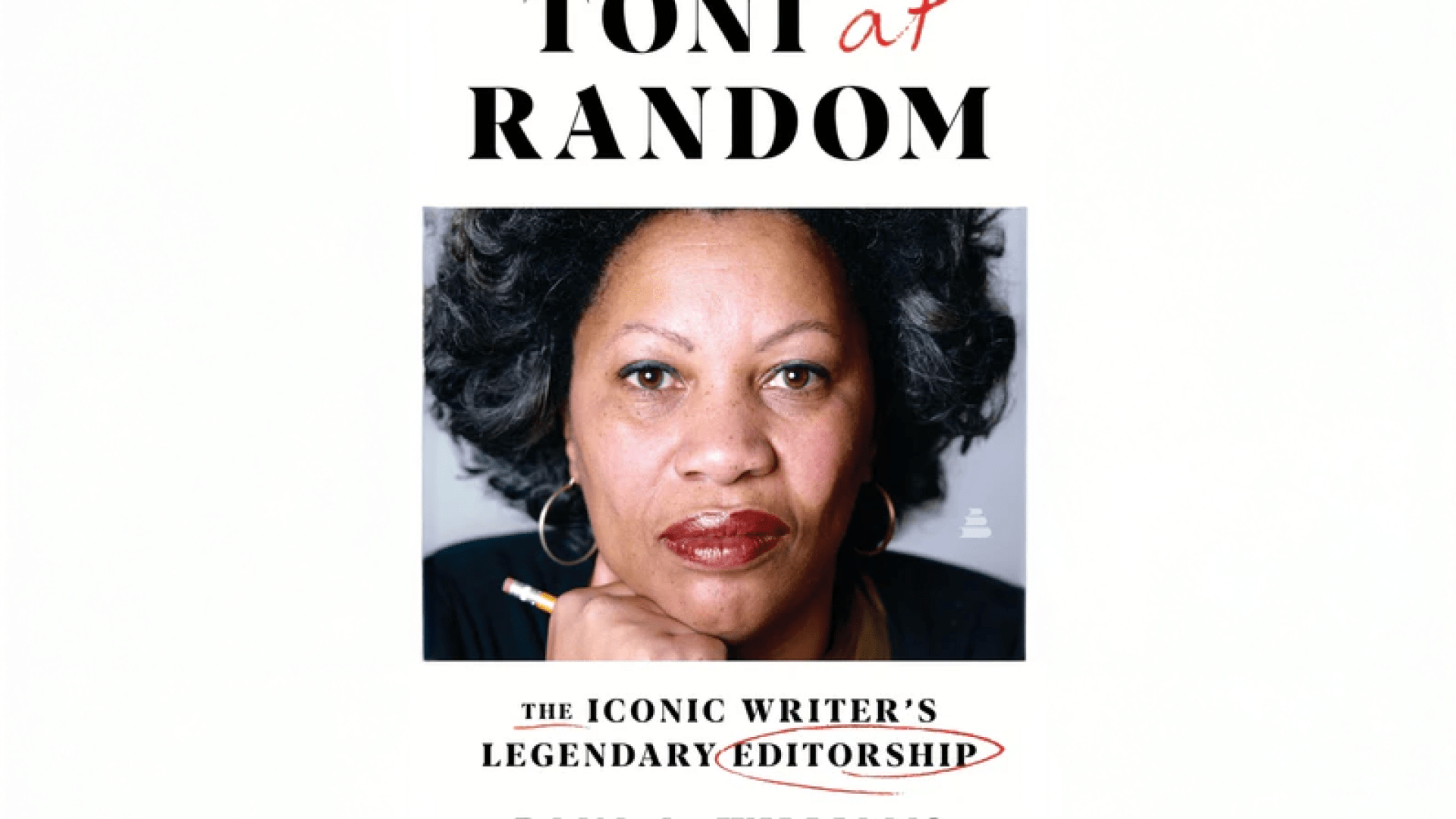

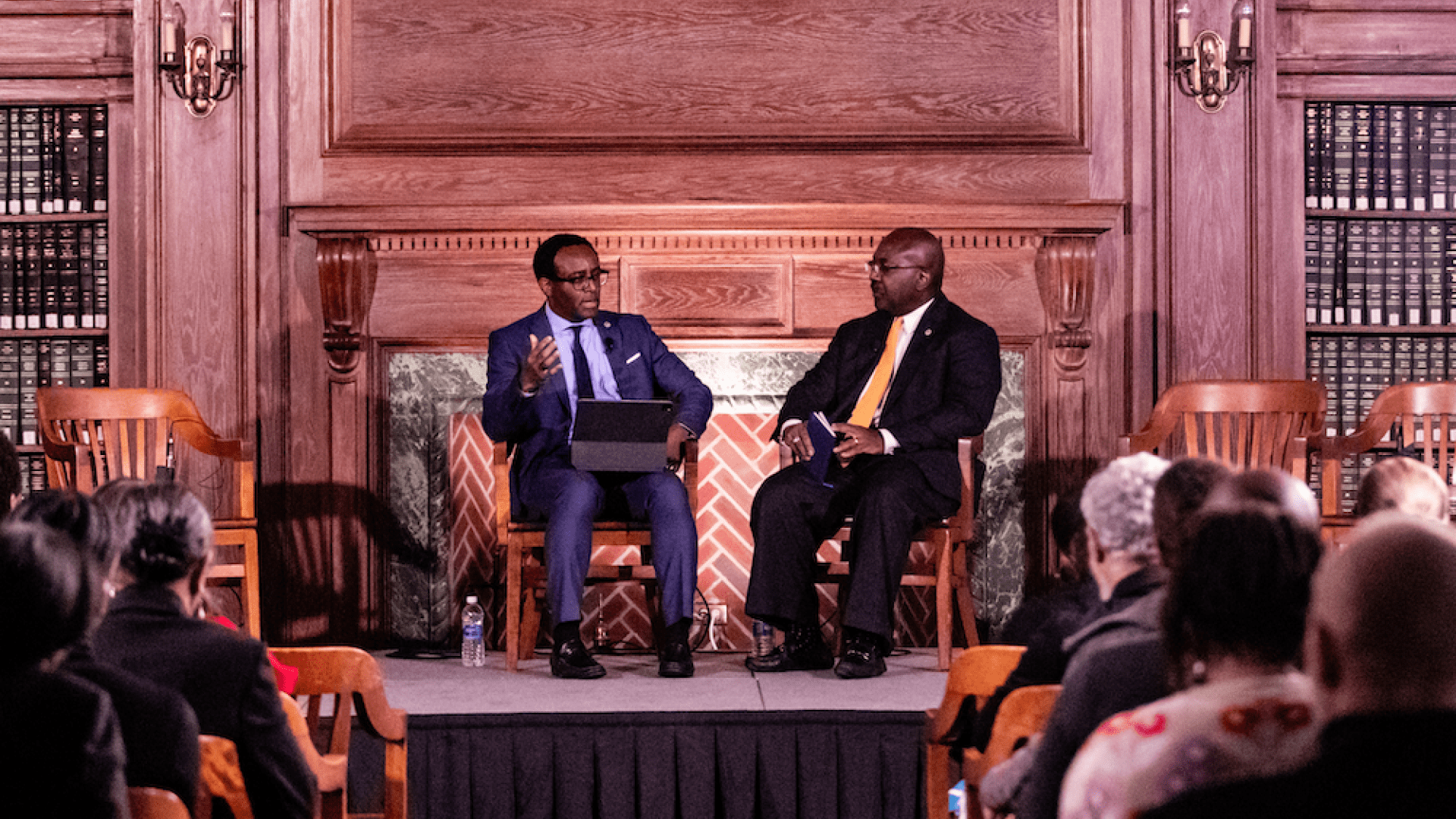
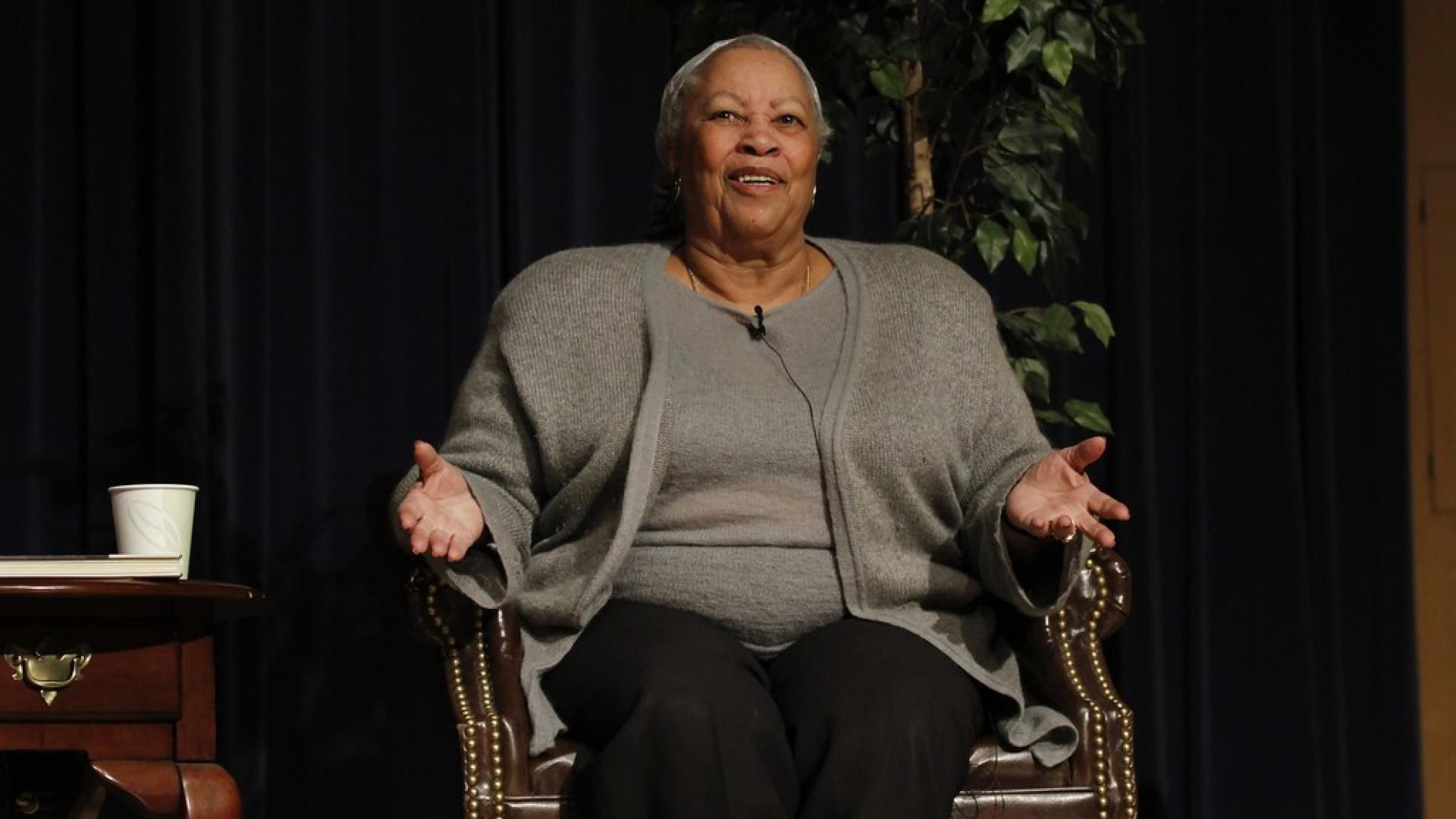
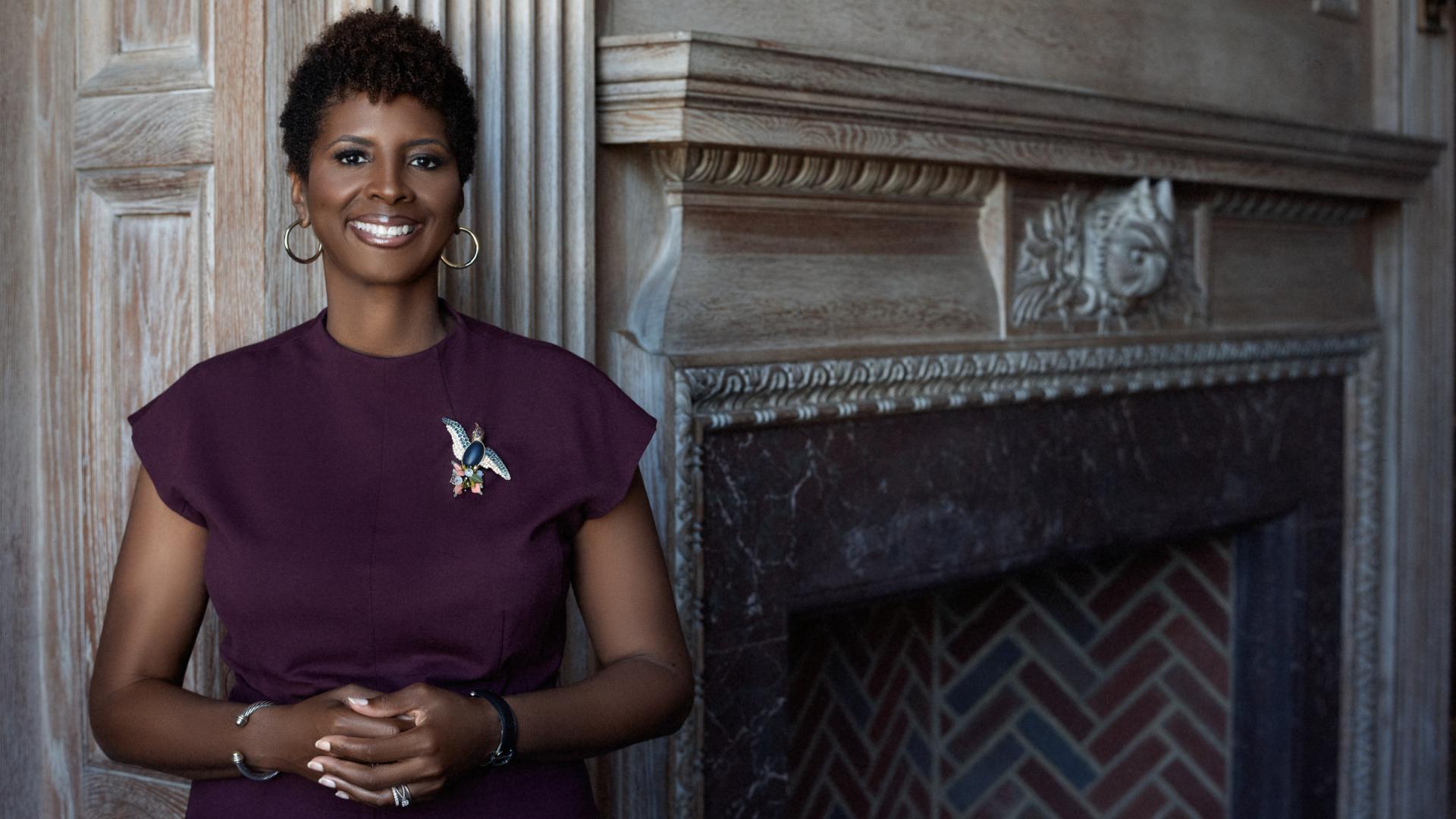
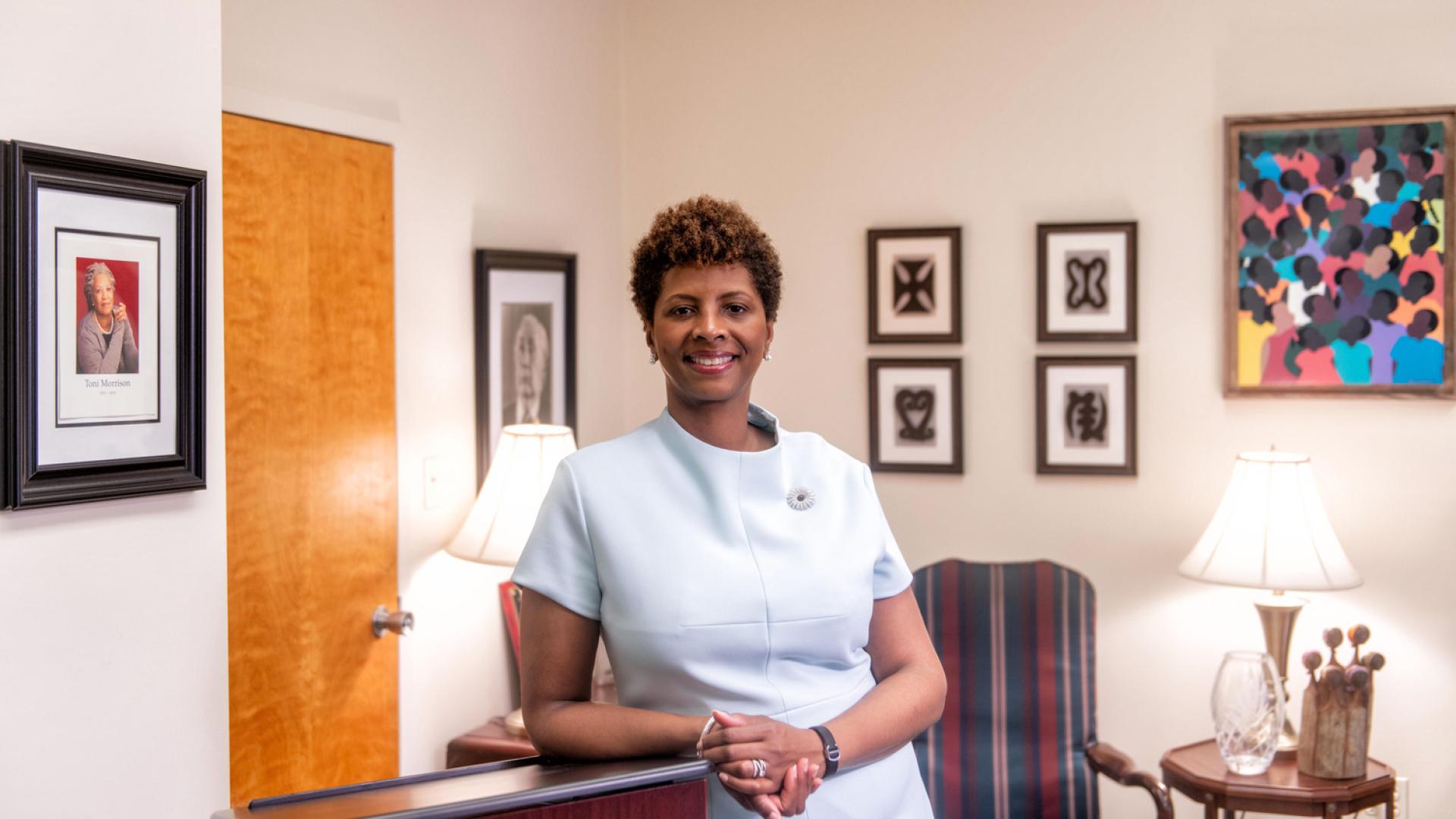
Toni Morrison Society President Dana Williams joins Lawrence O’Donnell to discuss why Morrison’s masterpiece "Beloved" has become part of the political conversation and why there is some history that only fiction can bring to life.
Since memories are a recording of moments that touch our hearts and souls from our daily lives, this talk also shows how they provide the backbone to storytelling as a practice of preservation. Dana A. Williams is Professor of African American literature and Dean of the Graduate School at Howard University.
This interview is part of the Women in Leadership: A Storytelling Project, by the Center for Women, Gender and Global Leadership to center the experiences and perspectives of women in leadership at Howard University.